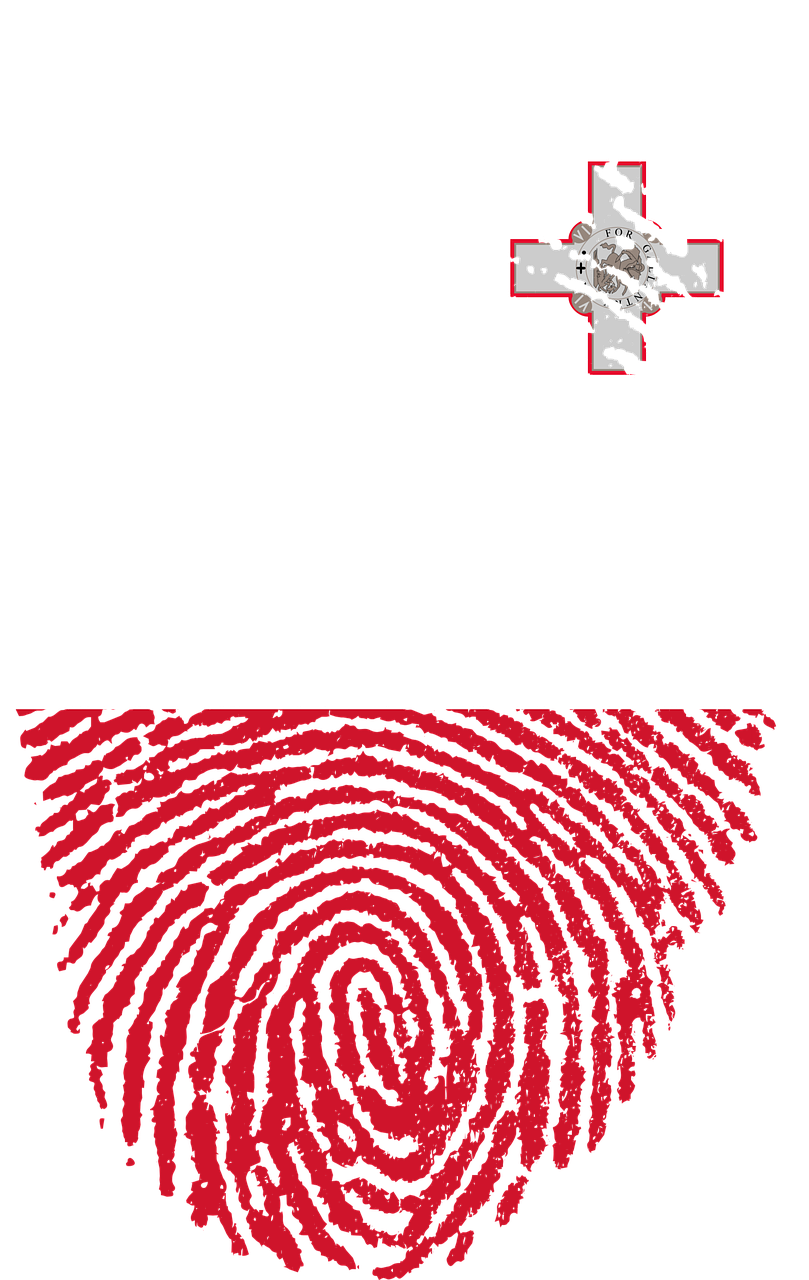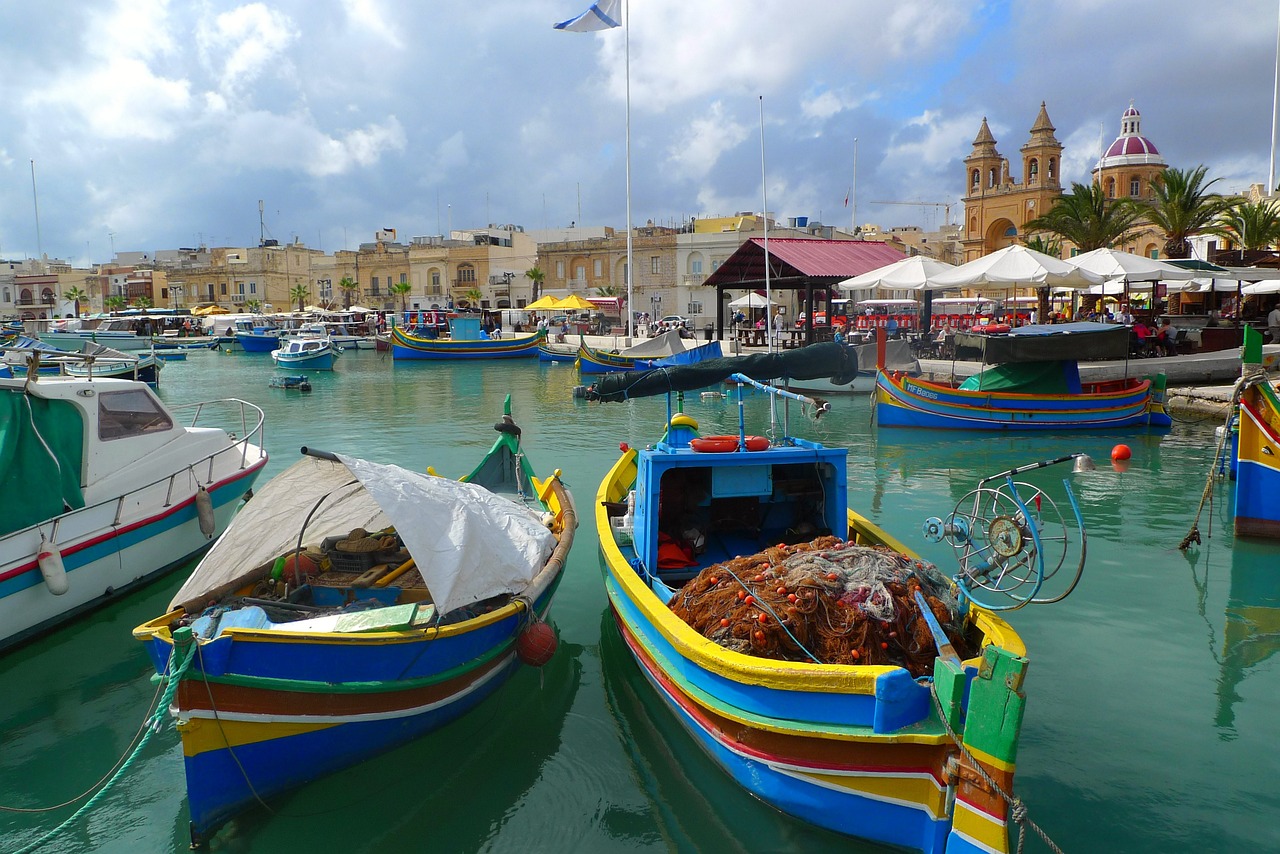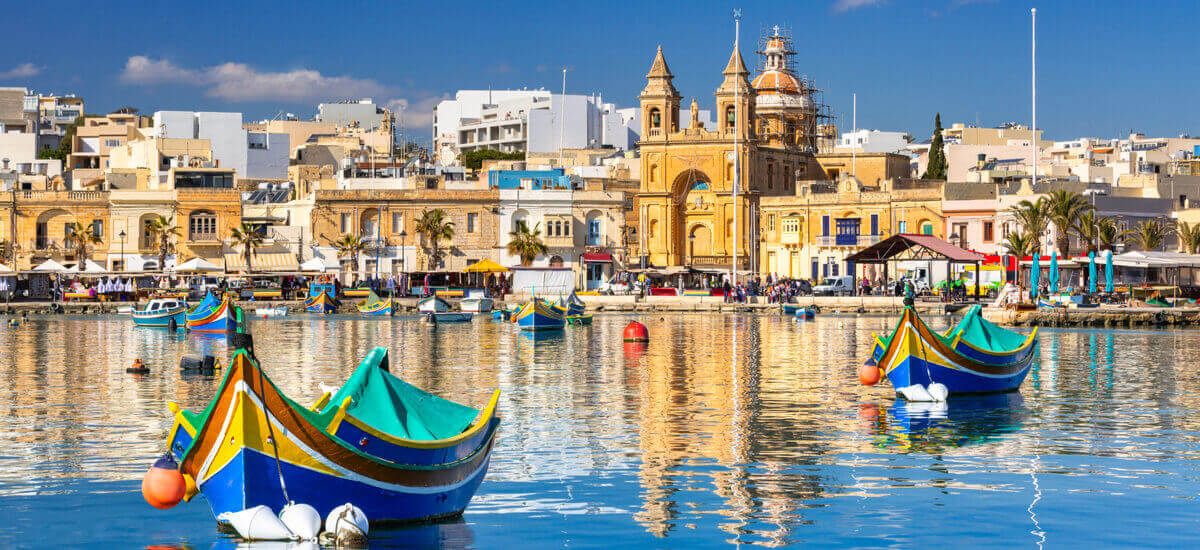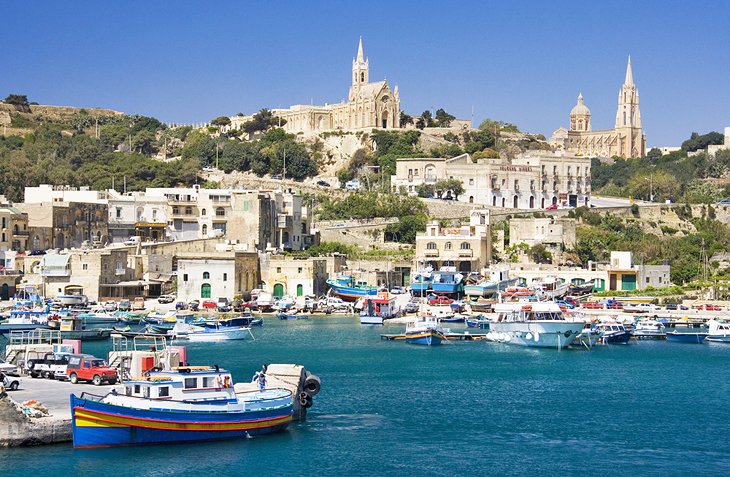In the quest to find the perfect educational institution for their children, parents often face a multitude of options that can be overwhelming. This is particularly true for expat families relocating to Malta, where the abundance of international and private schools can make the decision-making process even more challenging. Choosing the right school is a crucial decision that can shape a child’s academic and personal development.
Imagine a labyrinth of possibilities, where each path presents unique opportunities and challenges. Navigating this maze requires a comprehensive understanding of the types of schools available, the curricula and languages they offer, as well as the fees and affiliations associated with each institution. Furthermore, identifying the top international schools and considering tips for making an informed choice are essential steps in this intricate process.
This guide aims to assist parents in their pursuit of the perfect educational fit for their children. By providing an informative and objective overview of international and private schools in Malta, it equips parents with the necessary knowledge to make an empowered decision. From exploring different types of schools to delving into curriculum options, this guide offers a comprehensive analysis of the educational landscape in Malta. So let us embark on this educational journey together, as we explore the myriad of possibilities and uncover the key factors to consider when choosing the right school in Malta.
Key Takeaways
- Private schools in Malta are geared towards the expat community and often have a Catholic affiliation.
- The school curriculum in Malta is based on standards from the country’s association with Britain.
- English is one of the official languages in Malta, but it often takes a secondary role to Maltese in public schools.
- Top English-speaking private schools in Malta offer international diplomas and are considered the best English schools in the country.
Types of Schools
In Malta, there are various types of schools available, including private schools, church schools, and international schools, each offering different educational programs and catering to the needs of the expat community. Private schools in Malta provide a wide range of school facilities, such as well-equipped classrooms, libraries, science labs, and sports facilities. Extracurricular activities are also an important part of private schools, with options like sports teams, clubs, and cultural activities, allowing students to develop their interests and talents outside of the classroom. Church schools in Malta, on the other hand, offer similar facilities but at lower fees compared to private schools. They often have a long waiting list and may require a donation for admission. In terms of international schools, they provide excellent facilities and a global curriculum, including programs like the International Baccalaureate (IB) and Cambridge International, preparing students for university education abroad.
Curriculum and Language
The curriculum in Malta’s private schools is based on standards derived from its historical association with Britain, while the language of instruction is predominantly English. Private schools in Malta aim to provide a high-quality education that prepares students for further studies or future careers. The curriculum typically includes a wide range of subjects, including mathematics, science, humanities, languages, and arts. In addition to the core subjects, private schools may also offer specialized programs such as music, sports, or technology.
When it comes to language requirements, English is the primary language of instruction in private schools, although some schools may offer instruction in other languages as well. This allows students to develop their English language skills and prepares them for international opportunities. It is important to note that while English is the main language of instruction in private schools, the Maltese language may also be taught as a subject to ensure students have a strong foundation in the country’s native language. Overall, private schools in Malta provide a comprehensive curriculum and language instruction that prepares students for a global future.
Fees and Affiliations
Private schools in Malta have varying fees and affiliations. When comparing the cost of private schools to church schools in Malta, it is important to consider the differences in education and facilities provided. Private schools generally have higher fees compared to church schools, but they often offer a more comprehensive curriculum and a wider range of extracurricular activities. Additionally, private schools in Malta often have affiliations with international organizations or follow global diploma programs such as the International Baccalaureate (IB) or Cambridge International. These affiliations can have an impact on the curriculum and teaching methods employed in these schools, providing students with a more globally-oriented education. On the other hand, church schools in Malta offer instruction in English at a lower cost, making them a more affordable option for families. However, they may have a more traditional approach to education and limited extracurricular opportunities.
| Private Schools | Church Schools | |
|---|---|---|
| Fees | Higher | Lower |
| Curriculum | Comprehensive, global programs (such as IB or Cambridge International) | Traditional approach |
| Teaching methods | Globally-oriented | More traditional |
| Language | English | English |
| Extracurricular activities | Wider range | Limited opportunities |
Top International Schools
Renowned for their rigorous academic programs and global educational opportunities, top international schools in Malta offer students a truly enriching and culturally diverse learning environment. These schools prioritize the holistic development of students by providing a wide range of extracurricular activities. From sports teams to art clubs, music ensembles, and debate societies, students have ample opportunities to explore their interests and talents outside of the classroom. Moreover, international schools in Malta attract students from various cultural backgrounds, creating a culturally diverse community. This diversity fosters an inclusive and global mindset among students, exposing them to different perspectives and traditions. It also encourages cultural exchange and mutual understanding, preparing students to thrive in an interconnected world. Overall, top international schools in Malta not only excel in academic excellence but also provide a well-rounded education that prepares students for future success.
Tips for Choosing
When considering options for education in Malta, it is essential to carefully evaluate the different factors that can influence the selection process. Choosing the right school requires parents to consider several factors. One important factor is the curriculum offered by the school. Parents should research whether the school follows national or international standards, such as the IB or Cambridge programs. Another factor to consider is the language of instruction. While English-speaking private schools are popular among expats, it is important to ensure that the school provides a strong English language program. Additionally, parents should consider the location and facilities of the school, as well as the reputation and qualifications of the teachers. It is also advisable to visit the schools and speak with current students and parents to gain firsthand insights. By carefully considering these factors, parents can make an informed decision when choosing the right school for their child in Malta.
Frequently Asked Questions
Are there any scholarships or financial aid options available for students attending private schools in Malta?
Scholarship opportunities and financial aid options are available for students attending private schools in Malta. These options vary depending on the school and may include merit-based scholarships, need-based financial aid, or grants provided by external organizations or foundations.
How can parents apply for admission to private schools in Malta?
Parents can apply for admission to private schools in Malta by following the school’s application process and meeting the admission requirements. These requirements may include submitting an application form, providing academic records, and attending an interview or assessment.
Are there any extracurricular activities or sports programs offered at private schools in Malta?
Extracurricular activities and sports programs are offered at private schools in Malta. These schools provide a range of options for students to engage in activities such as sports teams, clubs, arts, music, and community service, enhancing their overall educational experience.
What is the student-to-teacher ratio at private schools in Malta?
The student-to-teacher ratio at private schools in Malta varies, but it is generally low, allowing for more individualized attention and support. This can contribute to higher student achievement and the implementation of effective teaching methods.
Are there any special education programs or support services available at private schools in Malta?
Special education approaches and support services for students with disabilities are available at private schools in Malta. These schools provide individualized support, accommodations, and resources to ensure that students with disabilities can fully participate in their education.













